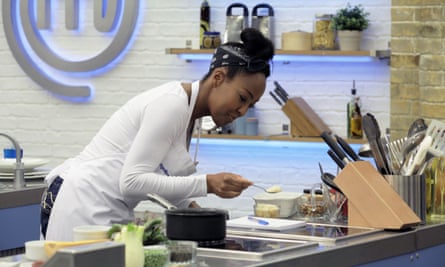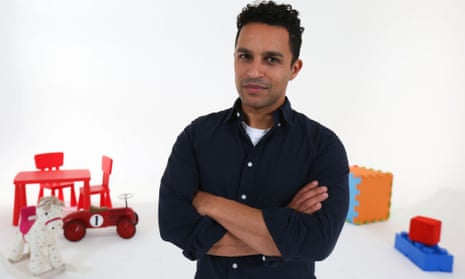No More Boys and Girls: Can Kids Go Gender Free? (BBC2) caused a minor controversy before it aired, labelled “shocking” and “bold” by some reports, and even “potentially very harmful” by Grassroots Conservatives’ reliably facile Mary Douglas. This is not surprising. Such is the frenzy and hysteria about trans lives right now – particularly from otherwise sensible and compassionate people who have a blind spot when it comes to empathising with transgender people – that “gender-free” invokes a ridiculous bogeyman image of, say, experimental Scandinavian neutrality where saying “boy” or “girl” is forbidden, or pre-puberty hormone-blockers being forced upon girls who are tomboys. It is transparently a disproportionate and irrational fear, yet it’s little wonder that a show that promises to discuss gender with a classroom full of seven-year-olds has stoked these paranoid flames.
The title, though, is far more fiery than anything contained in the programme, which isn’t even vaguely about questioning gender identity. This two-part documentary, the brainchild of presenter and Médecins Sans Frontières doctor Javid Abdelmoneim, is actually a rather gentle social experiment that asks: what would happen to a classroom of seven-year-olds if they weren’t treated differently as boys and girls? This translates to such things as painting the pink and blue coat cupboards a universal orange and no longer segregating children according to gender, or introducing the kids to people who have jobs they might not expect, such as a female mechanic or a male dancer, or reading them stories in which the princess is also the hero of the story, and does not need rescuing by a prince. Potentially very harmful, indeed.
This kind of thing has been explored on TV before, with Channel 4’s Secret Life Of … series, which put four, five and six-year-olds through a series of psychological tests and came to largely the same conclusions. Broadly speaking, girls have lower self-esteem than boys, while boys struggle to express their emotions, and “gendered” interests – mechanics for boys, makeup for girls – are fixed early on in a child’s development. According to the various scientists and medical professionals Abdelmoneim interviews, there is no biological reason that these should be pre-determined.
Yet adults unwittingly pander to these stereotypes. There’s a curious experiment within an experiment in which babies are dressed up as the opposite gender, and volunteers choose toys for them to play with. The babies dressed as girls get dolls and fluffy animals; those dressed as boys are handled more roughly, and put on bikes. It’s crude science but it is an effective demonstration of the large part adults play in upholding these ideas. The class teacher, Mr Andre, who begins by calling girls “love” and “darling” and boys “fella” and “mate”, is incredibly receptive to Abdelmoneim’s suggestions, and his openness to being shown what he might do differently is admirable.
Cheeky chappie Riley insists that men are better because “they’re stronger and they’ve got more jobs”, while Kara free-associates what she connects with being a girl: “pretty, lipstick, dresses, lovehearts”. But this has a darker side. One girl already thinks of herself as “ugly”; Riley thinks it isn’t okay to cry if you’re a boy. They’re seven years old. Abdelmoneim is measured and persuasive about the implications for when they become adults. Such rigid stereotypes of masculinity and femininity, in which men repress their emotions and women think they’re worthless, are what’s really harmful, not daring to ask interesting questions about why we think and act the way we do.

Celebrity MasterChef (BBC1) is back, filling the MasterChef-shaped hole in our lives. John Torode explains that, in this competition, celebrities get the chance to show “another talent”, which is kind to some of the celebrities set to appear, who barely have a primary talent. Not so with this opening bunch though, who are all perfectly pleasant high-achievers who also know their way around a steak knife. When ordinary people go on MasterChef, it’s because they have a modicum of culinary skill. Celebrity MasterChef is more fun because, in recruiting people solely because they are well-known, there’s more chance of a deconstructed pork pie-style car crash. In that respect, this opener is a let down, because the meals are all edible-looking. But I’m hopeful that Jim ‘Vic Reeves’ Moir can bring something to the mix eventually. He survived adding beetroot flavoured with orange oil to a corned beef hash and poached egg this week, but there are plenty more rounds to come.

Comments (…)
Sign in or create your Guardian account to join the discussion